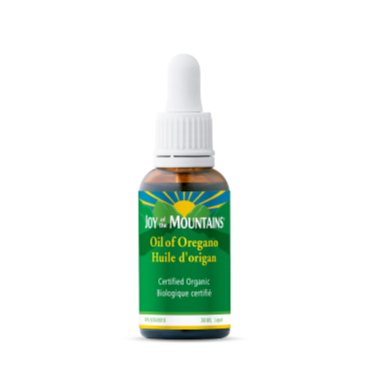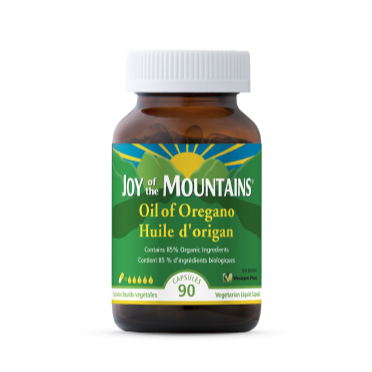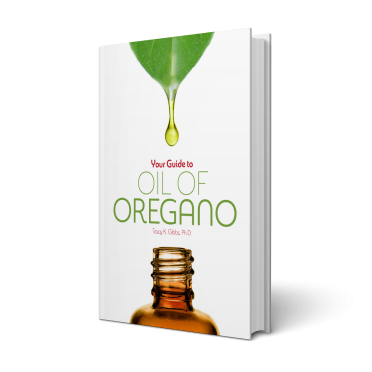An historical herb
Though it is best known as a culinary herb, wild oregano has an ancient medical reputation. Its oval green leaves and tubular flowers were traditionally used in many cultures to treat digestive and respiratory complaints, as well as a myriad of other health conditions.

3000 BC
The Egyptians and Babylonians used oregano as far back as 3000 BC, and many scholars believe that the Biblical Hyssop was a species of wild oregano.
460-377 BC
The Greek physician Hippocrates prescribed the use of oregano for respiratory and gastrointestinal disorders, and as an antiseptic for wounds and infections.
40-90 AD
Dioscorides recommended wild oregano for cough and lung congestion, earache, inflamed tonsils, thrush, stomach ache, heartburn, intestinal gas, skin conditions, venomous bites, narcotic poisoning, sprains, swelling and growths, spasms, spleen disease and jaundice.
These medical uses were documented in his famous work, “De materia medica” which became a foundational text for future herbalists and physicians.
Rediscovered in modern times
Natural medicine has recently experienced a resurgence in popularity. With it, oregano has been rediscovered as a source of positive health-supporting benefits.
There are many varieties of oregano but the most desirable species grow wild throughout the Mediterranean. Over 100 compounds work together in oregano oil to provide numerous benefits to the human body.
For more information, we recommend reading Dr. Tracy Gibbs’ book, “Your Guide To Oil of Oregano.”


